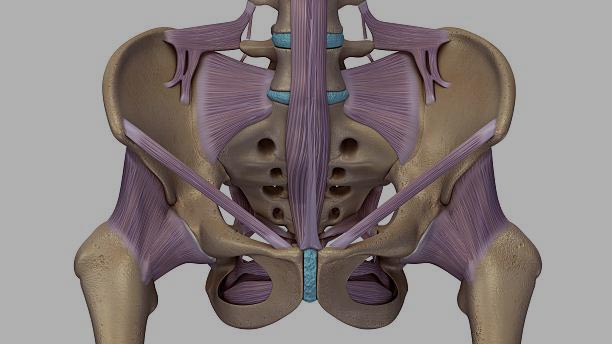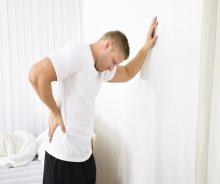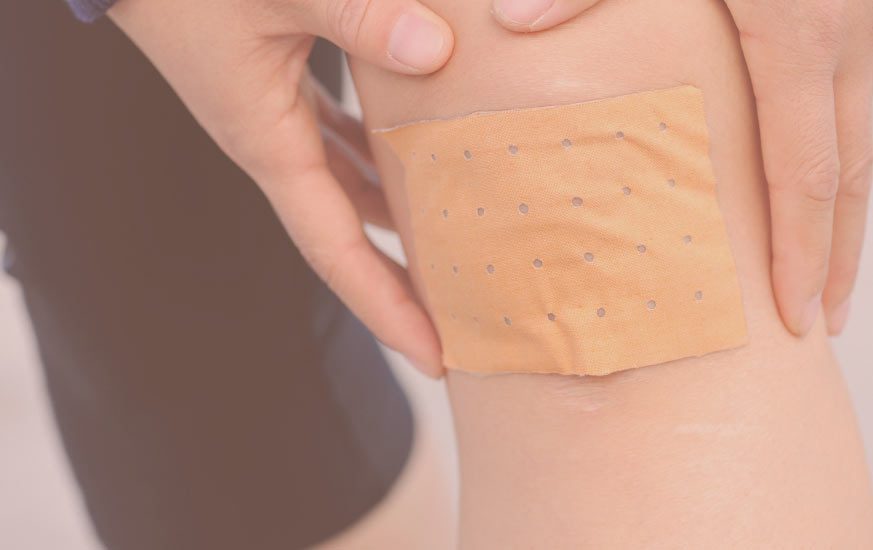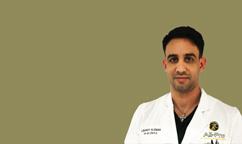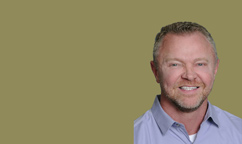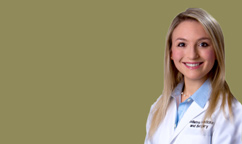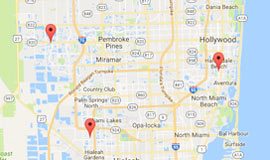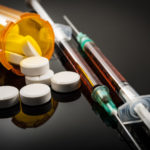Sophisticated Treatment for Damaged Shoulders
Reverse shoulder replacement surgery was developed in the 1980s, and was approved by the FDA in 2003. Since that time, it’s been performed successfully on many patients in Europe and the United States.
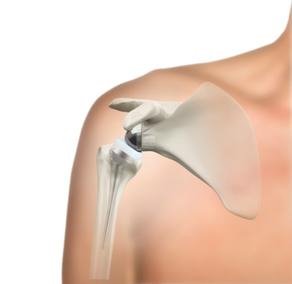 The reverse aspect of this surgery is the position of the ball and socket in the shoulder joint (ball being the head of the humerus and socket being the glenoid).
The reverse aspect of this surgery is the position of the ball and socket in the shoulder joint (ball being the head of the humerus and socket being the glenoid).
With conventional shoulder replacement, a cup-shaped piece of plastic is inserted into the socket and a metal ball is attached to the top of the humerus (arm bone). In reverse replacement surgery, the socket and metal ball are swapped: The metal ball is attached to the socket, and the plastic cup is fixed to the upper end of the humerus.
In normal shoulders, the rotator cuff muscles control the arm during range of motion. In patients with torn rotator cuffs and severe arthropathy, those muscles no longer function adequately. The reverse shoulder replacement effectively transfers the burden of lifting from the rotator cuff muscles to the deltoid muscles.
The Following Patients May Be Candidates For this Type of Surgery:
- Those with a complete, unrepairable tear of the rotator cuff
- Patients with cuff tear arthropathy (disabling arthritis resulting from rotator cuff injuries)
- Those who’ve undergone shoulder surgery and have not regained function
- Those who’ve exhausted other treatment options (such as medications, cortisone injections and physical therapy)
- Patients with severe, intractable shoulder pain that hasn’t responded to other treatments
It’s important to follow the doctor’s recommendations after surgery, to allow the shoulder sufficient time to heal. Thus you’ll be given an exercise protocol to help gently strengthen the rebuilt shoulder.
You’ll also be advised not to perform certain motions– like pushing yourself up from a chair using your arms, or lifting heavy objects– for six or more weeks after surgery.
Because this is a relatively new surgical procedure, not all surgeons offer the service. The knowledge and the skill of the surgeon– critical in every orthopedic operation– become key factors in reverse shoulder replacement.
If you are interested in learning more about this advanced treatment for impaired shoulders, call our Orthopedic Center and schedule a consultation with Dr. Shaw.
After a thorough physical exam and evaluation of your medical history, we can decide if reverse shoulder replacement surgery is the appropriate treatment for you.
For general information about reverse shoulder replacement surgery see this web site hosted by the American Academy of Orthopaedic Surgeons.
Common Questions about Reverse Shoulder Replacement
What is a reverse shoulder replacement?
During reverse shoulder replacement, the ball and socket are positioned in reverse (the ball being the head of the humerus and the socket being the glenoid). A metal ball is screwed into the socket, and a plastic cup is screwed onto the humerus’ upper end.
People with cuff tear arthropathy benefit from reverse shoulder replacements because they use different muscles to move the arm. In reverse shoulder replacements, the deltoid muscle is used to power and position the arm, recreating the function of the torn rotator cuff.
We provide elite orthopedic care and sports medicine here at All-Pro Orthopedics & Sports Medicine in Florida. We can help you with a reverse shoulder replacement.
Who can benefit from reverse shoulder replacement?
Patients who may benefit from this type of surgery include:
- Those with a complete, unrepairable tear of the rotator cuff
- Patients with cuff tear arthropathy (disabling arthritis resulting from rotator cuff injuries)
- Those who’ve undergone shoulder surgery and have not regained function
- Those who’ve exhausted other treatment options (such as medications, cortisone injections, and physical therapy)
- Patients with severe, intractable shoulder pain that hasn’t responded to other treatments
What can I expect from a reverse shoulder replacement?
This is a relatively new surgical procedure, and not every surgeon provides it. In reverse shoulder replacement, the surgeon’s skill and knowledge become critical factors. Our specialists from our Florida locations are trained in performing reverse shoulder replacement for a wide variety of non-sports-related and sports-related injuries.
Following the doctor’s recommendations after surgery is crucial for allowing the shoulder to heal properly. After surgery, you’ll be given an exercise protocol to help gently strengthen your rebuilt shoulder. For six to eight weeks after surgery, you shouldn’t lift heavy objects or push yourself up from a chair using your arms.
Is the surgery painful?
Our doctors in our Florida locations are trained in performing reverse shoulder replacement, and they also provide appropriate recovery programs depending on your condition.
As soon as surgery is completed, patients will feel pain and discomfort, which you can manage with pain medications prescribed by our Florida doctors. A reverse total shoulder replacement results in little or no pain after completing rehabilitation and healing.
How long is the recovery time from a reverse shoulder replacement?
Here at All-Pro Orthopedics & Sports Medicine in Florida, our doctors will work with you to develop a treatment plan best suited to your particular condition.
Recovery from reverse shoulder replacement depends on how closely a patient follows recovery guidelines provided by our specialists in Florida. It usually takes three to six months for patients to recover fully.
The recovery period typically lasts a few weeks, after which patients are usually able to return to their regular daily activities and notice significant improvements in their pain and joint function.
Can I drive after my surgery?
Meanwhile, patients cannot drive, lift heavy objects, or rotate their arms and shoulders without assistance. Physical therapy should allow patients to return to normal activities following a carefully planned recovery program by our specialists in Florida.




